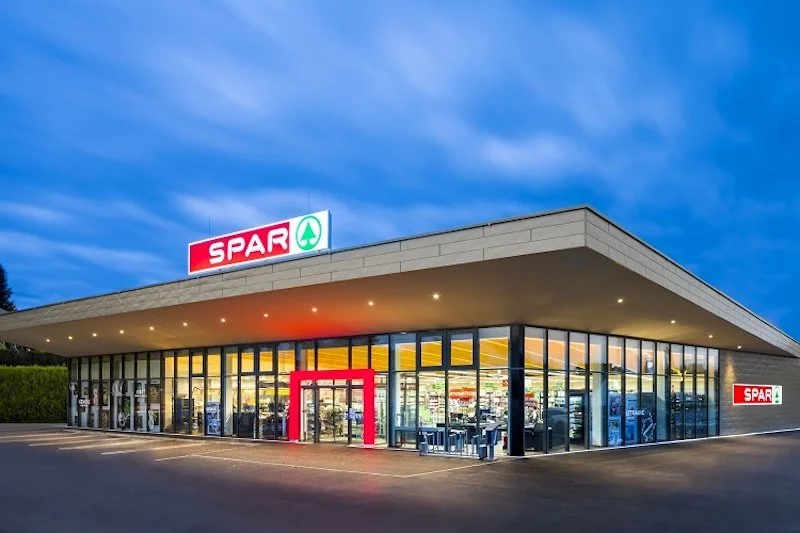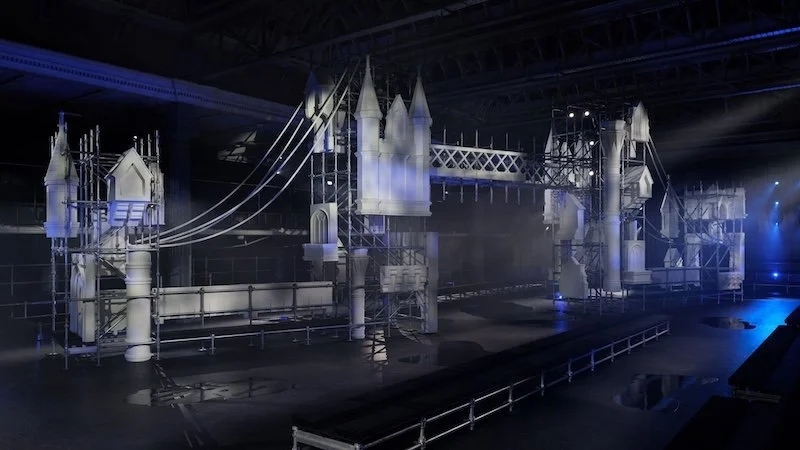The benefits of smart meters for energy businesses
Smart meters are small electronic devices that record data. They keep track of a customer’s energy consumption, voltage levels, current and power.
This information is then communicated both to the consumer and back to the supplier for better clarity on usage behaviours, system monitoring and billing services.
Smart meters and the data they provide are universally beneficial for the consumer, for established energy companies and fledgling businesses alike. Read on to find out more.
What is the difference?
Traditional meters also measure usage; however, consumers are required to read their meters somewhat regularly and then submit those readings back to their suppliers. Bills are then made based on usage estimations, which isn’t necessarily accurate.
These inaccuracies can cause annoyance for customers and potentially contribute to them switching providers. Whereas with smart meters, the clue is in the name.
Smart meters are more sophisticated, and the installation process remains very much the same; however, they provide accurate information in real-time, allowing for bills to be more accurate and often cheaper, incentivising customers to stay with their suppliers.
The benefits
Smart meters are mutually beneficial for consumers and suppliers. They feature wireless communication technology allowing both suppliers and consumers to read and update them remotely.
This reduces the need for site visits and engineer costs. They enable the customer to keep track of their energy usage, which is particularly desirable for environmentally conscious consumers.
To call smart meters green would be an untruth; however, they do contribute to a greener society which can be a strong pillar for marketing them and your energy business.
When consumers can see their energy usage in real-time, they often choose to make lifestyle changes to reduce their bills which means less energy is used and fewer emissions are produced.
Consumers are only charged for the energy they use, and their bills are more accurate. Estimated bills are outdated and fallible and so providing a smart meter option can attract more business.
National roll-outs
Smart meters mark many countries attempts to bring energy systems into the twenty-first century. They are part of an initiative to create a smart grid that provides low-carbon, efficient energy to households. Smart meters are particularly popular in Europe.
There was a governmental push in Britain for every household to be offered a smart meter by 2025. Other countries began to follow suit after the initiative was introduced in Britain in 2016.
Therefore, any energy business which doesn’t offer a smart meter alternative will look antiquated in comparison and, in some countries, could face government pushback for not doing so.
For startups
It could be costly as a startup to invest in smart meter technology. However, the advancements will not halt, so it would likely be cheaper, in the long run, to make that investment now.
Smart meters also offer some hidden benefits to keep energy businesses competitive. Most use APIs (application programme interface), which collect data that can be accessed and used to learn more about the markets that your business operates in.
Smart meter data access can provide a leg up on the competition. This data is open to public access; however, it is not widely known about or utilised effectively.
Digital marketplaces such as re.alto connect metering information with those who would seek to use it. The information provided can be invaluable, especially for start-ups, as they will have access to a wealth of information on their intended markets.
Expect push back
Although smart meters are an increasingly popular option, some of your potential customers will oppose them. Often, the main reason people opt out of smart meters is that they do not understand how their data will be stored and used, so it feels unsafe to them.
Data protection is a big issue for some consumers who think smart meters are a weak spot for hackers. Older consumers who are unfamiliar with the technology will also likely opt for a traditional meter.
In their initial iteration, there were issues with the smart meters themselves; a phenomenon referred to as ‘going dumb’ none of the energy providers was using the same system.
If a consumer wanted to switch providers, they would find that their smart meter became obsolete. Although as smart meters have become more common, more universal systems have been adopted, allowing consumers to switch suppliers with ease and still retain the functionality of their smart meters.
To conclude
Smart meters are only going to increase in popularity as the more traditional meters continue to get more outdated and obsolete.
Offering them to your consumers as an energy business is almost expected, especially as more countries proceed with smarter, greener energy initiatives. They can be beneficial for both you and your consumers, as can the information they provide.










Continue reading…